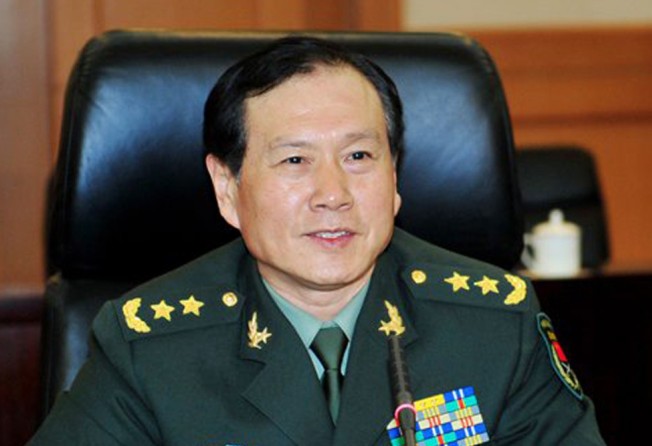China speaking out at Shangri-La Dialogue is welcome if overdue
- It is eight years since a high-ranking general has represented China at the regional security summit in Singapore. Thankfully, that is about to change

Despite China’s growing economic and military clout, the region’s annual security summit, the Shangri-La Dialogue, has offered its critics a free kick in recent years. That is not because China has not been represented, or its delegates have not stood up for it. It is because Beijing has allowed its representation to be outranked by adversaries whose views, as a result, won more attention. The prevailing attitude in Beijing behind downgrading of representation has been that the dialogue is dominated by the United States and its allies, leaving China open to questioning and ganging up, particularly on territorial and security issues in the South China Sea.
The trouble with being resigned to that fate is that every narrative emerging from the dialogue tends to be American or influenced by the US. Moreover, it will be a case of Americans purporting to articulate China’s intentions. And even those who are not totally on the US side will not have an equal opportunity to talk to representatives of China and better understand Beijing’s position.
It is eight years since a high-ranking general has represented China at the conference in Singapore. Thankfully, for the sake of balance, that is about to change, with defence minister General Wei Fenghe due to speak at the forum next week on China’s role in the Indo-Pacific. Co-organiser the International Institute for Strategic Studies describes it as a highly anticipated event at a pivotal time for the region. This is not overhyping it, given that Beijing and Washington are at odds over issues ranging from regional security to global trade. The US will be represented by acting defence secretary Patrick Shanahan, the top official in the Pentagon following the departure of former secretary Jim Mattis, who attended last year’s dialogue.
The Chinese military realises the need to reach out to Asian neighbours in order to clearly articulate China’s position, otherwise it risks allowing the American narrative to prevail by default, which is hardly conducive to understanding of China’s policies. It is a positive move consistent with a sense that China’s leaders have come to understand the need to engage more with Asian partners.
A preview of the kind of discourse to be expected as a result at the Shangri-La Dialogue next week was to be found in lively debate at a maritime security conference in Singapore last week. Retired captain Tian Shichen, a research fellow at a South China Sea research centre at Nanjing University, made an articulate case for a distinction between warships and merchant vessels when it comes to rights of innocent passage, citing it as one of the most controversial aspects of the United Nations Convention on the Law of the Sea. If that reflects a greater effort by China to train people to clearly and persuasively explain its position, it is welcome if overdue.